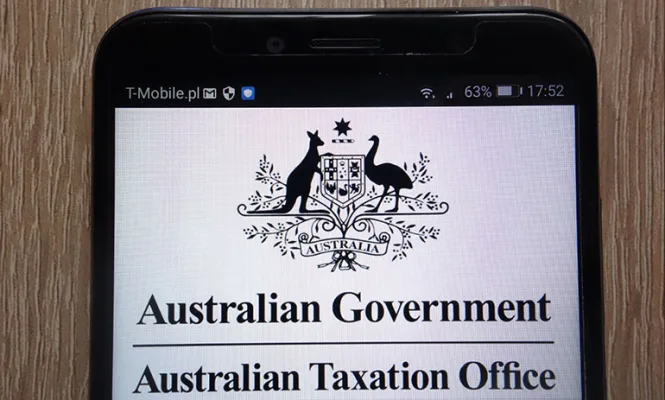Financial happiness is a state of contentment that comes from making smart money decisions. It involves having control of your finances and being able to meet all of your financial goals. Achieving financial happiness requires a commitment to follow responsible money management practices and set realistic goals. This article will discuss several strategies that can be employed to help you achieve financial happiness, including budgeting, debt management, saving, and investment.
Saving Strategies
Financial happiness is a goal that everyone should strive for. It can be achieved through wise money management and the use of effective saving strategies. One of the best ways to achieve financial happiness is to create realistic goals and plans.
Start by making a budget outlining how much income you make, and where that money will go each month. This includes expenses such as rent, utilities, transportation costs, entertainment, groceries, and any other necessary spending items. The key is to ensure your spending is within your means and to save as much as possible. Additionally, it’s important to track your spending habits so you can stay on top of them and make sure they are in line with the budget you established. Once these basics are taken care of more advanced saving strategies can be implemented.
To help you with your budget, please check out our HOUSEHOLD BUDGET & EXPENSE TRACKING file under the client resources tab on our website.
Investing Wisely
Investing Wisely is a key factor in achieving financial freedom. Many people believe that investing their money is the best way to increase their wealth, but they often don’t understand how to go about it. In order to be successful when investing your money, it is important to take into consideration factors such as risk tolerance, asset allocation and diversification.
The first step towards Investing Wisely is understanding your own risk tolerance; this will help you decide what types of investments are right for you and which ones should be avoided. After determining your risk tolerance, you need to create an appropriate asset allocation mix that best fits your investment goals and timeline. To ensure maximum diversification, it is recommended that investors consider different assets classes such as stocks, bonds and mutual funds. Additionally, consulting with a financial advisor can provide valuable insight on strategy options based on individual circumstances.
For your investments, you also need to consider long-term tax planning strategies. By choosing the right ownership structure from the very beginning, it will help you to maximize tax savings on investments. Reinvesting the tax savings will bring you more profit in the future. It will give you a snowball effect and help your wealth to grow more quickly. For more details on long-term tax planning with different ownership structures, please refer to this online session: How Should You Own Your Assets And Investments.
Making Smart Purchases
Making smart purchases is an essential part of maintaining financial stability and security. A smart purchase means that you are making a conscious decision to purchase something based on careful thought, research and analysis. Taking the time to make sure that what you’re buying is worth your money can save you a lot of unnecessary stress in the long run.
The most important step in making smart purchases is to plan ahead. To do this, it’s important to set a budget and stick with it. This helps to ensure that you don’t overspend on items or services that aren’t necessary for your needs. It’s also essential to take the time to compare prices among different retailers before settling on something so that you get the most bang for your buck.
Debt Reduction Plans
Debt Reduction Plans are a way to help individuals and families who have fallen behind on their debt obligations. These plans can be an extremely effective tool for getting out of debt. Through Debt Reduction Plans, consumers are able to negotiate with creditors in order to reduce their overall debt burden. This process includes developing a payment plan that is tailored to the individual’s needs and negotiating reduced payments or balances with creditors. With this approach, participants can expect to see drastic reductions in their amount owed as well as a decrease in monthly payments. The goal of Debt Reduction Plans is to get people back on track financially so they can begin saving money for retirement or other long-term goals instead of struggling just to stay afloat every month.
At Impact Taxation & Financial Services, we can show you how you can maximize your after-tax income, and also help you to prepare cash flow forecasts on different scenarios so that you can apply various tactics to speed up debt repayment.
In conclusion, financial happiness is achievable and doesn’t require a dramatic lifestyle change. Small steps like tracking your spending, setting financial goals, automating savings efforts, and investing in yourself are all excellent ways to begin the journey. Remember that financial success doesn’t happen overnight, it’s a long-term process that requires dedication and consistency. Along the way, be sure to stay mindful of your progress and celebrate the wins when you hit a milestone.
Get in touch with Impact Taxation and Financial Services today to learn how you can live a happier, and more financially secure life.





